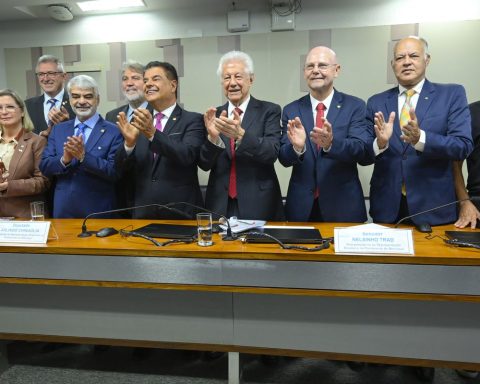On December 12, and after 98 days of intense negotiations, the political parties with parliamentary representation reached the so-called “Agreement for Chile”, a pact signed to guide the second stage of the constituent process.
Said pact establishes the creation of the “Constitutional Council”, the body in charge of drafting the new Magna Carta and which would be made up of 50 elected people and 24 experts. Of these, 12 will be chosen by the Chamber of Deputies and the rest by the Senate.
Today, nine days after the agreement was reached and according to the latest survey delivered by Data Influye, only 11% of those surveyed fully and very clearly understand the process (committees, councils and procedures) that will lead to the preparation of the next Fundamental Charter.
Specifically, 43% claim to understand the different stages of the process in a general way, 20% understand “only some parts”, 13% aim to understand “the minimum”, 9% do not understand anything and for 3% it is “indifferent”.

in conversation with The counterthe director of Tú Influyes, Axel Callis, explained that the figure is mainly due to the fact that the process has been less publicized than the previous one, so the roles of the different instances are not very well understood.
“This process is less widespread, therefore public opinion does not manage to understand very well the roles of the different instances and how they are articulated between them. The experts ring, the admission or admissibility committee rings, the new counselors, then those three instances and with quorums everyone is lost,” he said.
“In general it is a lack of knowledge, because this process has been much more abrupt, the other one (Constitutional Convention) was discussed, legislated and it was cooking much more slowly. Now people are not understanding much, but space must be given to that there is that understanding,” Callis added.
Of the 11% who claim to understand the different instances of the constituent agreement “clearly”, 12% correspond to people between 18 and 34 years of age, 10% to citizens between 35 and 54 years of age, and 12% between 55 years of age or older.
Of the 43% who understand it in general, 50% correspond to people between 18 and 34 years of age, 40% citizens between 35 and 54 years of age, and 39% are related to people 55 years of age or older. Among those who do not understand anything (9%), 7% fluctuate between 18 and 24 years, 14% between 35 and 54 years and 6% in people 55 years or older.

It should be noted that the information is given in the midst of the possibility that the political parties enter into the National Congress the constitutional reform that will allow the elaboration of the new Constitution.


















